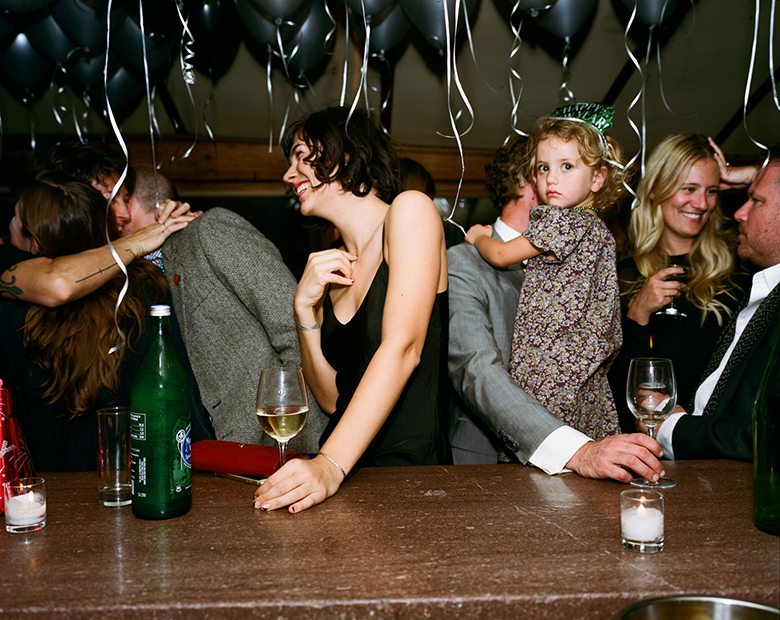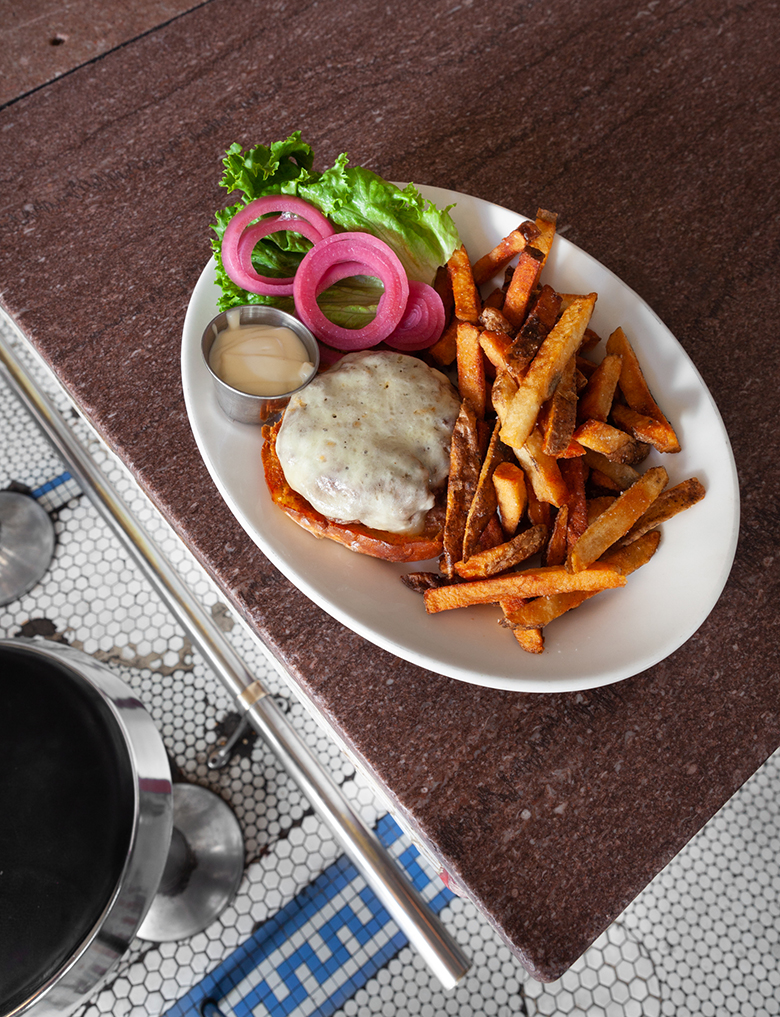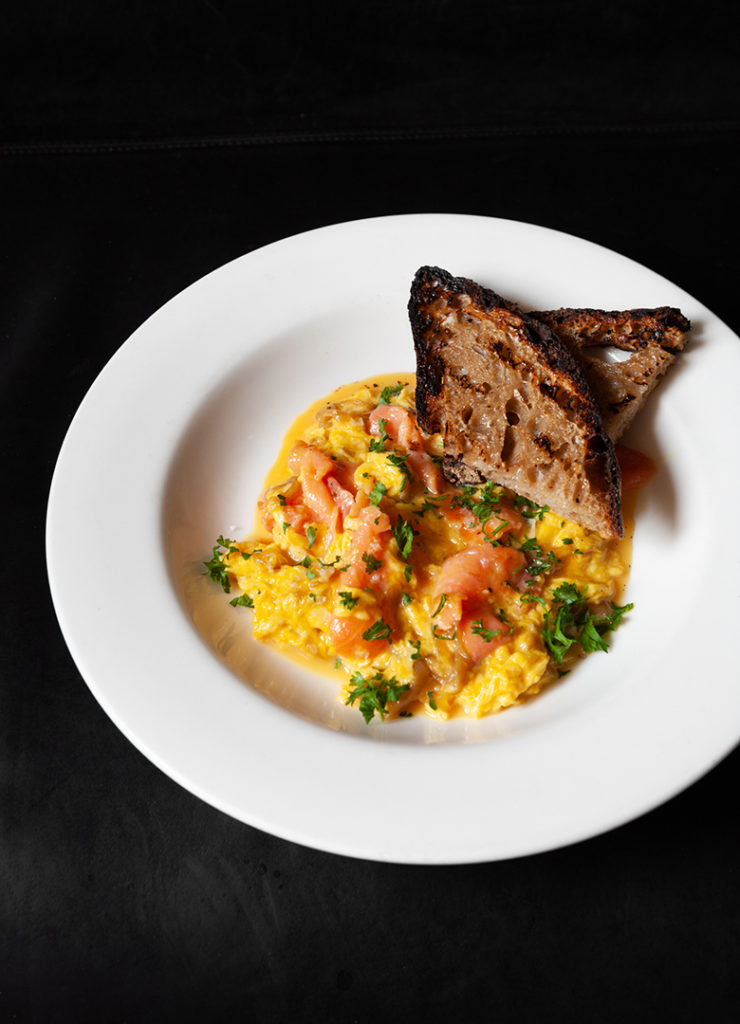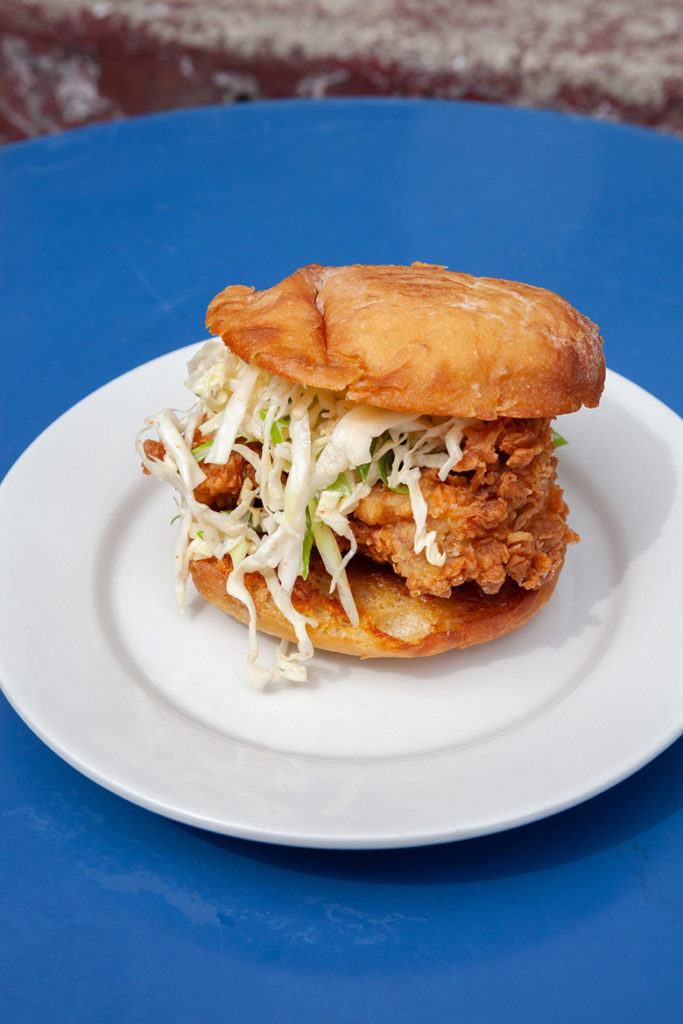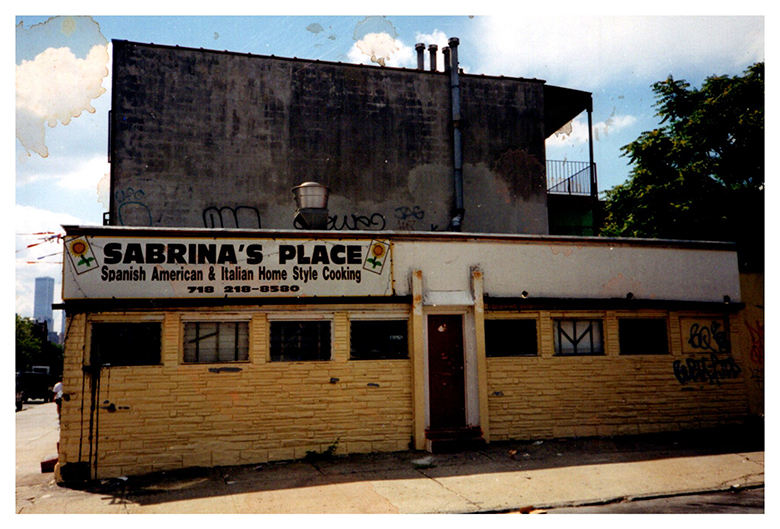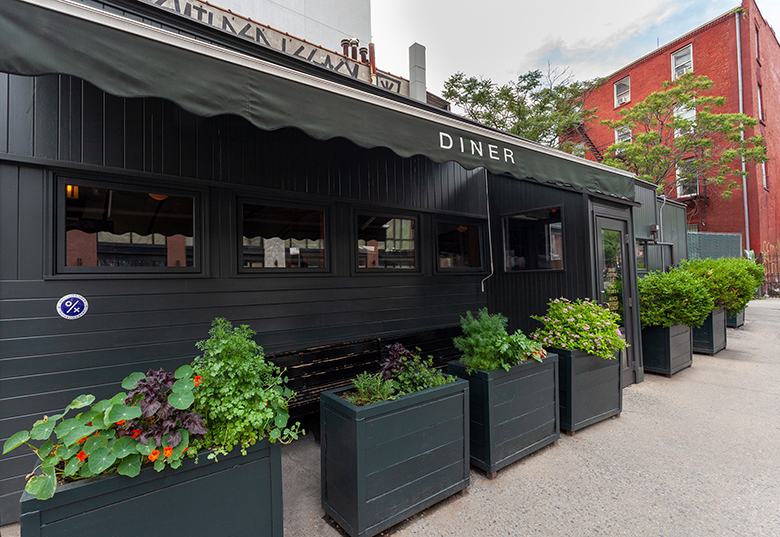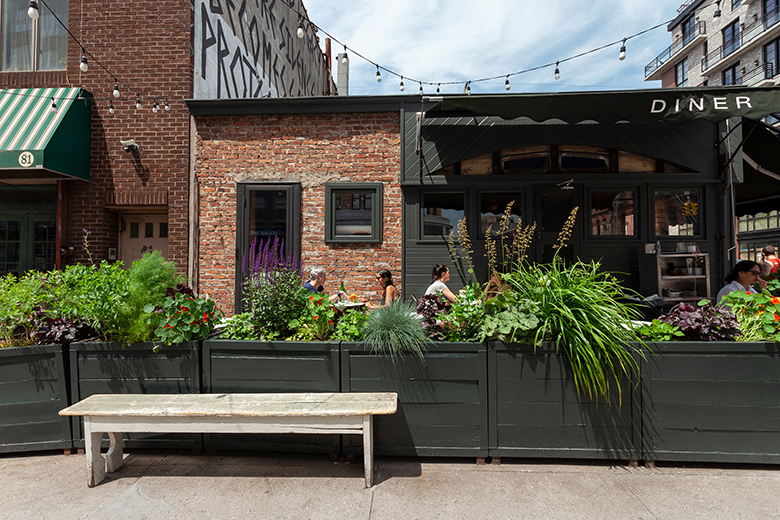
The new year is always a time of reflection, and that certainly holds true in food media. We laud the rookie restaurants we’ve loved. We eulogize the beloved veterans we’ve lost. And on December 31, quite wonderfully, we celebrated the 20th birthday of Diner—the incomparably formative establishment that all but laid the blueprint for generations of eateries to follow. One that, amazingly, is still making waves in Brooklyn today.
The original ancestor of the group that’s grown to include Marlow & Sons, Marlow & Daughters, Roman’s, She Wolf Bakery and Achilles Heel, Diner has seemingly managed to stay afloat by refusing to remain in one place—using its influence to confront issues facing the industry, such as whether to eliminate tipping. And owner Andrew Tarlow is obviously not afraid to reshuffle the deck, hiring new head chefs at each of his eateries this year (“I have abandonment issues,” he said of the surprising decision. “I can’t really talk about it.”)
That said, the restaurant collective has also engendered fierce loyalty amongst its members, increasingly uncommon during the widespread hospitality staffing crisis. This is emphasized by the fact that Diner’s opening chef, Caroline Fidanza, returned to the fold this year, in the newly created role of culinary director.

We spoke with Tarlow and Fidanza on the eve of their anniversary, meditating on many years past, and those hopefully yet to come. Because however the Brooklyn dining landscape changes in the next few decades, we trust that it will still include a 1920s Pullman car scattered with hand-scrawled paper menus, parked under the Williamsburg Bridge.
Edible Brooklyn: You’ve often been credited for shaping Brooklyn’s dining scene as we know it. What are some instances in which you (however reluctantly!) agree with this assessment?
Andrew Tarlow: Credit always makes me uncomfortable. Ideas are free and it’s a gift to be surrounded by a like-minded community.
EB: In that vein, is there anything you’ve popularized that even you are tired of seeing imitated?
AT: There are no new ideas. I am just an imitator myself. Imitation is the sincerest form of flattery.
EB: If you attempted to open Diner in Brooklyn today, do you think you’d stand a chance of making it? What path forward, if any, do you see for independently owned restaurants in NYC?
AT: The challenges of opening a restaurant always change based on location and timing. My only real advice is if you love doing something, just keep doing it, for as long as you possibly can.

EB: Appointing Caroline as culinary director certainly brings things full circle. How did this partnership come about?
AT: I have been begging her to come back ever since she left 10 years ago. It was, again, sheer determination.
EB: Caroline, can you talk about your role as culinary director … what it entails, the changes you’ve made at each individual restaurant and steps you’ve taken to unify the restaurants within the group?
Caroline Fidanza: The position of culinary director, as I am finding it, is a little more esoteric than it may sound. I see it as more of a supporting role than a change-making role. Each of the businesses has a strong chef and identity, so we are not looking to change that, we are looking to keep consistency and continue to provide our unique brand of food and service. While all of the businesses have been around for many years, we remain inspired by and engaged with them. We are committed to being a company that strives to affect change in the industry and to continue on our path toward sustainability in all ways, with a particular focus on creating a more equitable workplace. We continue to see ourselves at the forefront of the industry when it comes to having real ethos and commitment. I see myself as a facilitator and, in my best moments, an adviser and mentor.
EB: On your website, you promise to “seek out more socially and economically equitable solutions to issues facing our industry.” What do you consider some of the predominant issues to be, and what are some concrete steps you see yourself taking to address them?
AT: We are petitioning the governor’s office to make New York State a “One Fair Wage” state and to open up the tip pool to all employees in the chain of service (including dishwashers and cooks).
EB: What made you decide to move away from a tipped system and back again?
AT: We moved away because of the widening gap between front- and back-of-house wages and a desire to take responsibility for paying all of our staff, instead of passing half of that burden on to the guest. Removing tips was not financially sustainable and created new challenges that we were unable to solve.
EB: From Saltie to the Commodore, Brooklyn has been blessed with projects from multiple Diner alums. How would you say what you originally created together at Diner is reflected in all of those restaurants?
CF: The community that came out of Diner is pretty remarkable. I am a collaborator, so when I was running Diner and Marlow, I always gave people room to create. I think that the community at Diner was entirely unique. It was a moment and a movement, people wanted to do this thing—work hard, make great food, be friends, live this experience. It was real and it attracted people who gave it all they had and who made friends and broke off and made their own thing. Williamsburg in particular was really fertile ground. Pies ’n’ Thighs was Stephen Tanner and Sarah Buck working together every morning and joking about what their restaurant would be. And then it was. I think there is definitely a spirit in all of the food that spun off of Diner, a realness and a commitment to deliciousness.

EB: What are both your short- and long-term goals for Diner and the Marlow Collective as a whole?
CF: Short term I really want to celebrate Diner’s 20th anniversary year and think and talk about what that means. In terms of the collective, I think we are always striving to define and refine what we do and how we do it. It’s an ongoing exploration and edit.
EB: Why do you think Diner (and the restaurant group at large) has managed to not just survive but seemingly thrive?
AT: Sheer luck, will, and a little bit of grit.
EB: What do you think it will take, for Diner to make it another 20 years?
AT: In 20 years the city might be under water and we’ll have the chance to prove my theory that Diner can float. And that being in the dining room feels like being in the belly of the whale.
Photos courtesy of Diner. Food and exterior photo credit: Julia Gillard.


